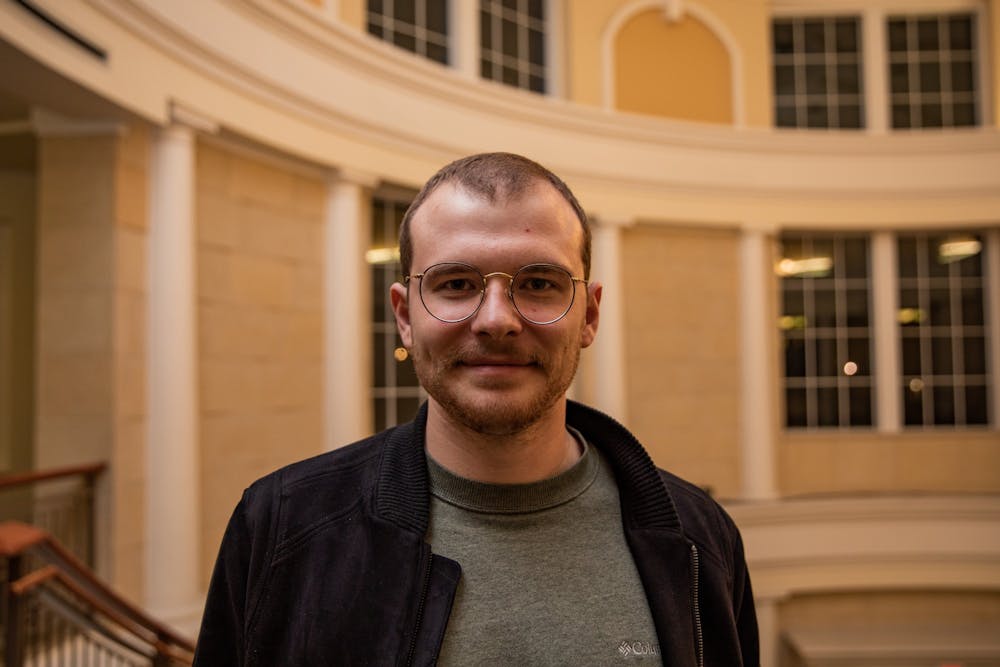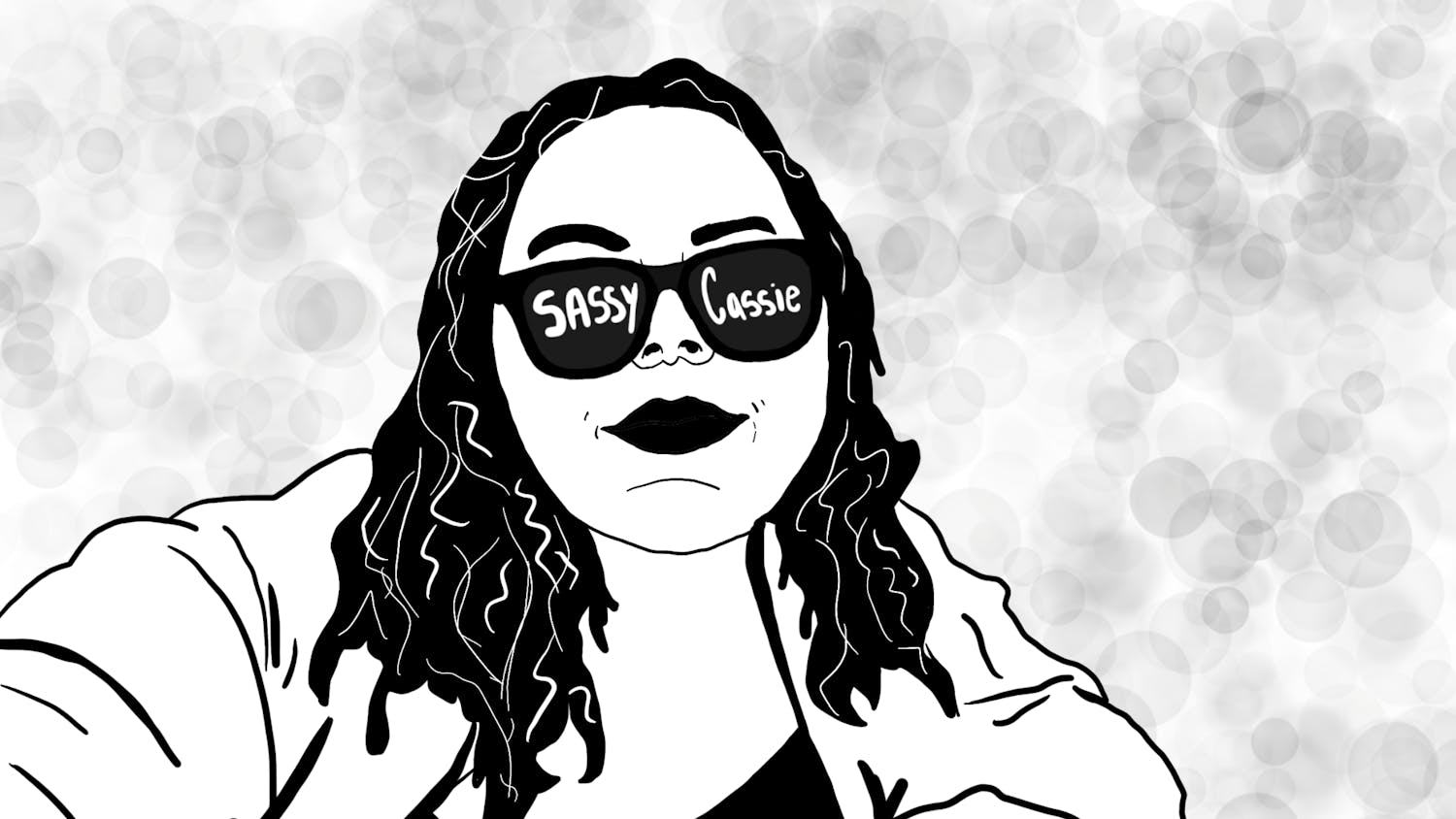If you were born in or after 1996, America has been at war for at least 75% of your life. If you were born in or after 2000, it has been at war for 100% of your life. Even if the thought is relegated to the backs of our minds as we go about our days, the reality of war — or at least conflict — is essentially a ubiquity in the modern American experience. Maybe that is why some of us see immense benefit in framing the COVID-19 pandemic as a war.
Of course, framing the pandemic as a war is not a singularly American phenomenon: In China, where the outbreak was confirmed earlier this year, Xi Jinping vowed to wage a ‘people’s war’ on the coronavirus. As the disease spread across the globe, the battle allusions followed. France’s Emmanuel Macron declared the country at war with an ‘invisible, elusive’ enemy. Italy’s special commissioner for the coronavirus emergency said the country must equip itself for a ‘war economy.’ British Prime Minister Boris Johnson told Britons that theirs was a fight in which each and every citizen was “directly enlisted.”
Still, in the U.S., where the military is among the nation’s most revered institutions and outspends the 10 next largest militaries combined, metaphors of war are particularly abundant. Donald Trump (and many others) have taken advantage of war’s ultra-visible presence in American society. “We’re at war. In a true sense, we’re at war. And we’re fighting an invisible enemy … I’m a wartime president. This is a war. This is a war. A different kind of war than we’ve ever had,” Trump said in a press briefing on March 22.
In today’s climate of aggressively partisan politics, it is worth mentioning that equating a pandemic to a war, in typical Republican hawk fashion, is not only a Republican tendency. Such prominent Democrats as Andrew Cuomo and Joe Biden have also perpetuated the “pandemic-as-war” metaphor. Unfortunately, war’s ubiquity and acumen as a cognitive framework in American society leave it as one of the few items Democrats and Republicans equally engage.
The comparison, however, is ill-fitting. Perhaps one can draw a similarity between wartime rations and the product shortages we see today, but that is the full extent of the overlap. Historically, during times of war, leaders have encouraged their citizens to spend in order to boost the economy and to generally live their lives as normally as possible so as to send a message to the enemy. During the Iraq war, in the years following 9/11, I can distinctly remember conversations in which my older relatives expressed fears about flying, which another relative would invariably counter with, “That’s exactly what the terrorists want.”
Indeed, during times of war, acting as if nothing is wrong may be of some merit. Increased spending fuels an economy weighed down by the costs of war. Living without fear could even be considered as a form of propaganda. That, however, is only the case precisely because the enemies are human. If they see their foes disregarding their intimidation tactics, it sends a message of solidarity and resolve.
That may be how wars work, but it is the exact opposite of how pandemics work. You do not beat a virus by acting as if it does not exist in the way you might send a message to terrorists by discursively and physically delegitimizing them. Put differently, sending messages of “bravery” (as some call it) by not wearing masks or acting as if life is normal is futile – COVID-19 does not care. In fact, such displays just make it easier for the virus to win.
A recent report indicates that if 95% of us wore masks in public, 33,000 lives could be saved by Oct. 1. The inherent reverse scenario, in which we followed the wartime logic of being “brave” and not wearing masks, is that 33,000 of us die. That is horrifying, and it is why we must frame the pandemic as what it is: a pandemic.
War is an unfortunate ubiquity for most of us, but that does not mean it is an apt comparison for all the challenges we face. Both pandemics and wars pose great challenges to any society, but the responses they mandate are quite different. In the case of a pandemic, living “normally” does not hold the same currency as it does in a war; it only makes things worse. Instead, we must be more willing to wear masks, socially distance and stay in.
Sam Smith is a rising senior studying geography at Ohio University. Please note that the views and opinions of the columnists do not reflect those of The Post. Want to talk more about it? Let Sam know by tweeting him @sambobsmith_.






